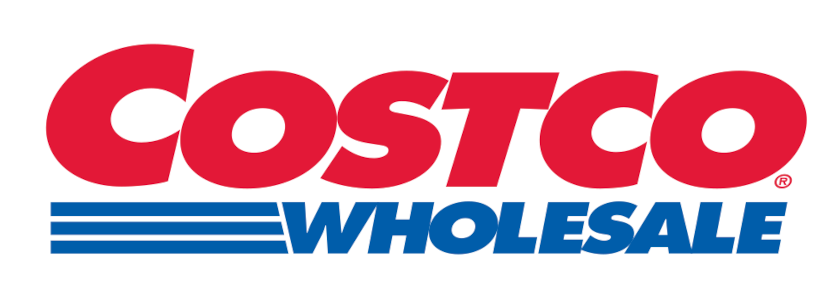Key Findings
- Costco has a Chemical Management Policy, which includes an impressive Smart Screening Program to test for hundreds of chemicals of high concern (CHCs) in the products and packaging it sells, such as textiles and food packaging.
- In 2020, Costco made progress by announcing it is working with Scivera to evaluate chemical ingredients and impurities for private-label and brand-name formulated products (such as cleaning and beauty products) utilizing the SciveraLENS software platform. This enables Costco and its suppliers to identify chemicals to replace and supports the evaluation of safer alternatives.
- In late 2019, Costco disclosed progress in eliminating bisphenol A (BPA) and bisphenol S (BPS) in register receipt tape in all U.S. and Canadian stores, and is working to complete this transition at gas station pumps. It is unclear whether this effort applies to all bisphenols.
Recommendations for Costco
- Costco can continue to make progress by fully disclosing its beyond restricted substance lists (BRSLs) by product category, expanding its restrictions on textiles chemicals to eliminate all per- and polyfluoroalkyl substances (PFAS) and toxic flame retardants, and setting public quantifiable goals with clear timelines for reducing and eliminating CHCs that may be present in the products it sells, such as flame retardants, phthalates, and PFAS, as well as for reducing and eliminating plastics of environmental health concern (PEHCs).
- We urge the company to eliminate and safely replace any toxic indirect food additives that may be in food contact materials, with special attention to any bisphenols and PFAS that may be in food packaging and other food contact materials as well as any phthalates that may be in food and food contact materials in its supply chain. Costco should also eliminate PEHCs from its product and packaging materials, beyond eliminating expanded polystyrene from its fresh chicken packaging, and take swift action to eliminate and safely replace key chemicals of concern from the beauty products of environmental justice concern that it sells. Costco should publicly disclose the alternatives used to replace CHCs or PEHCs after eliminating them, such as in register tape or other products and packaging.
- The company should become a signatory to the Chemical Footprint Project and pilot it with key private label suppliers.
Grade History
How does Costco compare to its competitors?
Analysis of Costco
Oversight: Established management responsibilities and incentives
Disclosure: Requires suppliers to report use of chemicals in products to retailer
Action: Reduced or eliminated chemicals of high concern (CHCs) or plastics of environmental health concern (PEHCs) within the last three years
Safer Alternatives: Evaluates safer alternatives, avoids regrettable substitutes
Transparency: Demonstrates a commitment to transparency and public disclosure
Third-party Standards: Promotes credible third-party standards for safer products
Extra Credit:
Joint Announcement: Public commitment demonstrated through joint announcement
Continuous Improvement: Shows continuous improvement by steadily expanding safer chemicals policy
Collaboration: Actively participates in collaborative process to promote safer chemicals
Impact Investment: Investing financial resources into independent research into safer alternatives and/or green chemistry solutions


